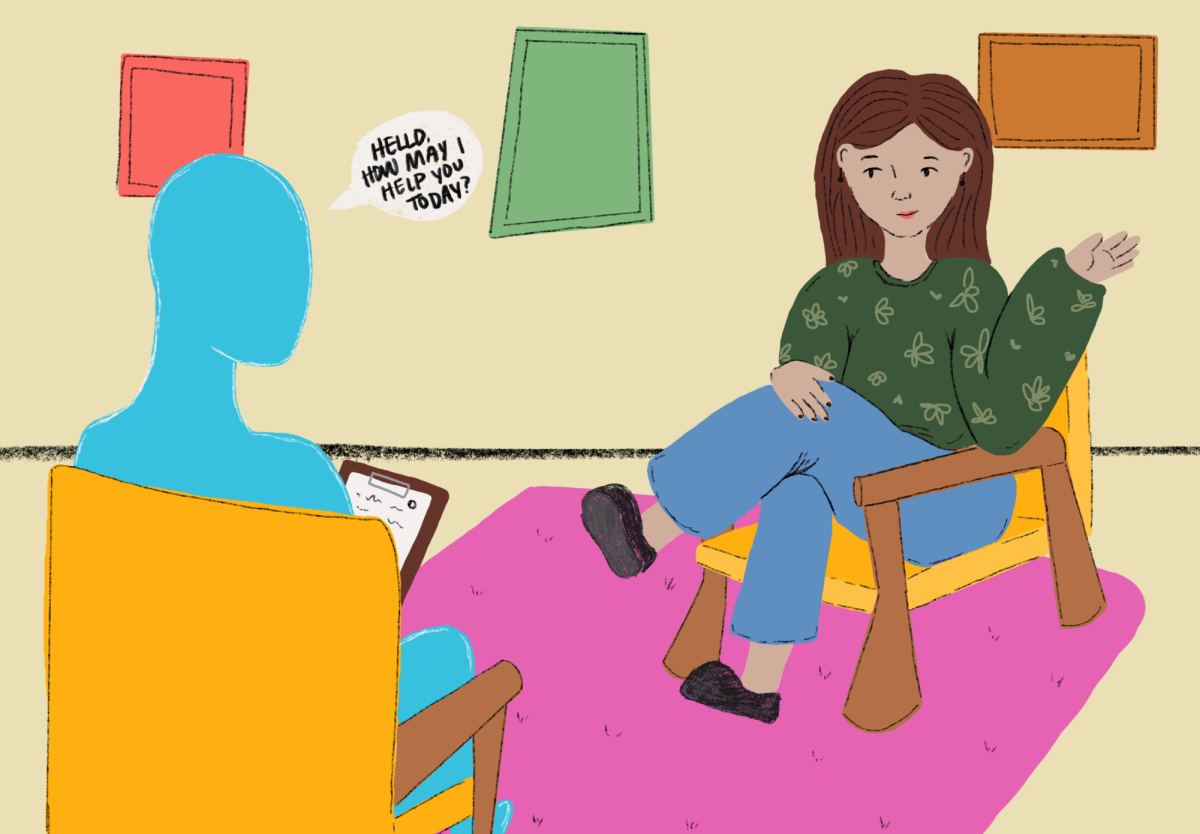There are over 1,100 UT student organizations on campus that promise their members a tight-knit community united by shared passions. During the COVID-19 pandemic, student organizations have become a much-needed lifeline for students who feel isolated and anxious about finding their niche within the greater UT community.
By the same token, getting rejected from student organizations is now even more disappointing.
Students should ask for feedback to gain insight into how to better their applications for the future or merely move on with some peace of mind.
After being rejected, asking for an explanation may be the last thing on your mind. In fact, my first instinct when faced with rejection is to simply try to move forward and dismiss the entire interaction. However, there is so much insight to gain from taking the time and energy to reflect on rejection.
Ainsley Dorsey, government sophomore and co-director of Hook the Vote, encourages students to ask organizations for application feedback.
“I think it would be an awesome opportunity to grow,” Dorsey said. “A benefit would be (that) you know what to do for the next interview.”
By receiving concrete feedback about ways to improve applications or interviewing skills, students are better prepared for future application processes. Asking for feedback may also lead to future opportunities because willingness to forego personal discomfort and pursue personal growth shows a level of maturity.
Electrical engineering freshman Austin King emphasized the importance of getting concrete insight.
“It's nice to know why,” King said. “You can know exactly where you can improve for the next time around.”
It’s easy for students to come to their own conclusions about the reasoning behind the decision, but they can never be sure unless they ask.
For example, there are many variables taken into account during an application process. Students who do not ask for application feedback will not know where they were lacking and might mistake one of their strengths for a weakness. After being rejected without explanation, asking for feedback is the best way to get answers and much-needed closure.
Dorsey advises students to consider the long-term benefits of rejection from organizations, as it allows students to explore the many diverse organizations and opportunities available at UT.
“Keep trying, (and) keep applying to different organizations,” Dorsey said. “Perhaps you can fit into another organization on campus. ”
By asking for feedback, students may learn something about themselves, such as why a specific organization wasn’t the right place for them or how they can improve their application for the next semester. It can also just help them move on with some peace of mind. Regardless, after being rejected, there is nothing to lose and so much to gain from reaching out for feedback.
Butler is an undeclared freshman from Austin, Texas.





















